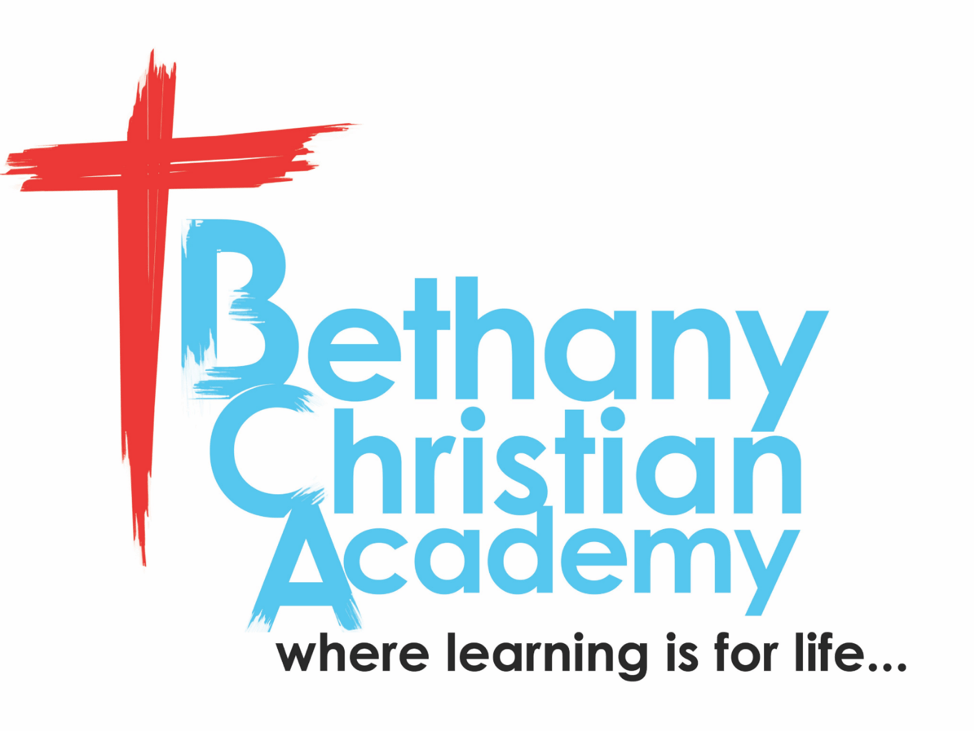
GET INVOLVED AND STAY INVOLVED!
Parental involvement is a huge factor in your child’s development and success. We encourage your involvement by hosting workshops and seminars with diverse experts in the field. We also keep you up-to-date regularly with emails, messages, and videos, and invite you to be part of our Parent Volunteer program.
WE TAKE GOOD CARE OF YOUR CHILD!
We treat every child as our own, dedicating ourselves wholeheartedly to their success.
OBSERVED HOLIDAYS
- Labor Day
- Thanksgiving Day
- Thanksgiving Friday
- Christmas Eve
- Christmas Day
- Good Friday
- New Year’s Day
- Memorial Day
- 4th of July
ADMISSIONS
Bethany Christian Academy (BCA) welcomes all students of race, ethnicity, gender, or nationality. We believe in the support of each child’s individual needs so we maintain small class sizes, teacher-child ratios, and qualified and skilled teachers. Special consideration may be given to siblings of current enrolled students. Students with special needs are welcome, however, the program reserves the right to discuss accommodation of those needs by BCA for the optimal development of the child. If BCA cannot accommodate any child socially-emotionally, cognitively or physically, every effort will be made to assist the family in educational care and placement for the child.
Parents are welcome to visit their child at any time during school hours. Parents wanting to volunteer with BCA will be required to complete the BCA volunteer background check and any other requirements deemed necessary.
DISCIPLINE & GUIDANCE
Discipline must be:
Individualized and consistent for each child;
Appropriate to the child’s level of understanding; and
Directed toward teaching the child acceptable behavior and self-control.
A caregiver may only use positive methods of discipline and guidance that encourage self-esteem, self-control,
and self-direction, which include at least the following:
Using praise and encouragement of good behavior instead of focusing only upon unacceptable behavior;
Reminding a child of behavior expectations daily by using clear, positive statements;
Redirecting behavior using positive statements; and
Using brief supervised separation or time out from the group, when appropriate for the child’s age and
development, which is limited to no more than one minute per year of the child’s age.
There must be no harsh, cruel, or unusual treatment of any child. The following types of discipline and
guidance are prohibited:
Corporal punishment or threats of corporal punishment;
Punishment associated with food, naps, or toilet training;
Pinching, shaking, or biting a child;
Hitting a child with a hand or instrument;
Putting anything in or on a child’s mouth;
Humiliating, ridiculing, rejecting, or yelling at a child;
Subjecting a child to harsh, abusive, or profane language;
Placing a child in a locked or dark room, bathroom, or closet with the door closed or open; and
Requiring a child to remain silent or inactive for inappropriately long periods of time for the child’s age.
